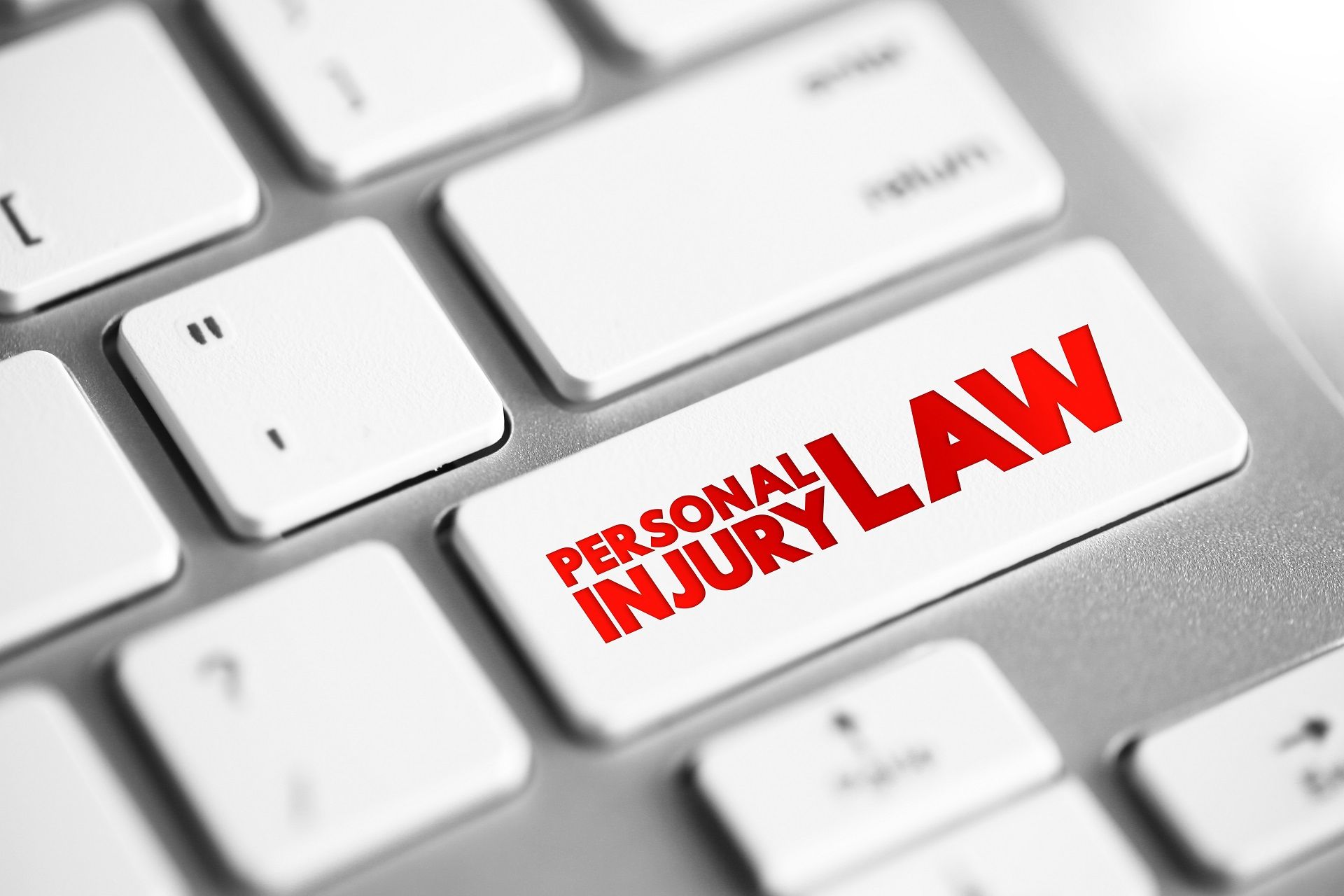Errol Joseph v. Port Authority of New York and New Jersey, Tishman/Turner, JV, Tishman-Turner Joint Venture III, Tishman Construction Corporation, Tishman Construction Corporation of New York, Tish...

Case Name
Errol Joseph v. Port Authority of New York and New Jersey, Tishman/Turner, JV, Tishman-Turner Joint Venture III, Tishman Construction Corporation, Tishman Construction Corporation of New York, Tishman Construction Corporation of Manhattan, Turner Construction Company
Type of Injury
KNEE INJURY
Occupation
Carpenter
Location
New York, New York
Verdict
The parties negotiated a pretrial settlement. The defendants’ insurer agreed to pay $900,000. The negotiations were mediated by Allen Hurkin-Torres, of Jams.
Verdict Amount
$900,000
Case Details
On April 2, 2012, plaintiff Errol Joseph, 40, a union-affiliated carpenter, worked at a construction site that was located at the World Trade Center Transportation Hub, which abuts the intersection of Church and Fulton streets, in Manhattan. Joseph fell while he was walking on plywood that covered a treacherous section of ground. He claimed that he sustained injuries of a knee.
Joseph sued the premises’ owner, the Port Authority of New York and New Jersey; the construction project’s general contractors, Tishman Construction Corp. and Turner Construction Co.; and various related entities, Tishman Construction Corporation of Manhattan, Tishman Construction Corporation of New York, Tishman Turner Joint Venture III and Tishman/Turner Joint Venture. Joseph alleged that the defendants violated the New York State Labor Law.
Joseph claimed that he slipped while walking across the plywood. He claimed that the board covered a commonly traversed area in which debris, mud and water had accumulated. He also claimed that the hazard had been present for a period of at least 72 hours.
Joseph’s counsel contended that the defendants violated New York Codes, Rules, and Regulations title 23, part 1.7(e)(1), which specifies that a work site’s passageways must be free of any condition that could constitute a tripping hazard, and part 1.7(e)(2), which specifies that a work site’s floors must be free of debris, scattered tools and materials, and sharp objects. He contended that the violations established that the defendants failed to provide or ensure reasonable and adequate protection, as required by Labor Law § 241(6).
Defense counsel claimed that the board was situated in an area in which groundwater naturally accumulated, and he contended that the defendants could not be deemed liable for the water’s accumulation. Defense counsel also contended that Joseph failed to exercise due caution. He further contended that Labor Law § 241(6) was not applicable to the case.
RECENT POSTS
CONTACT US
We will get back to you as soon as possible.
Please try again later.
Evaluation Request
Contact Us
We will get back to you as soon as possible.
Please try again later.
Contact
Contact Us
We will get back to you as soon as possible.
Please try again later.
All Rights Reserved.
This website is managed by Oamii.







